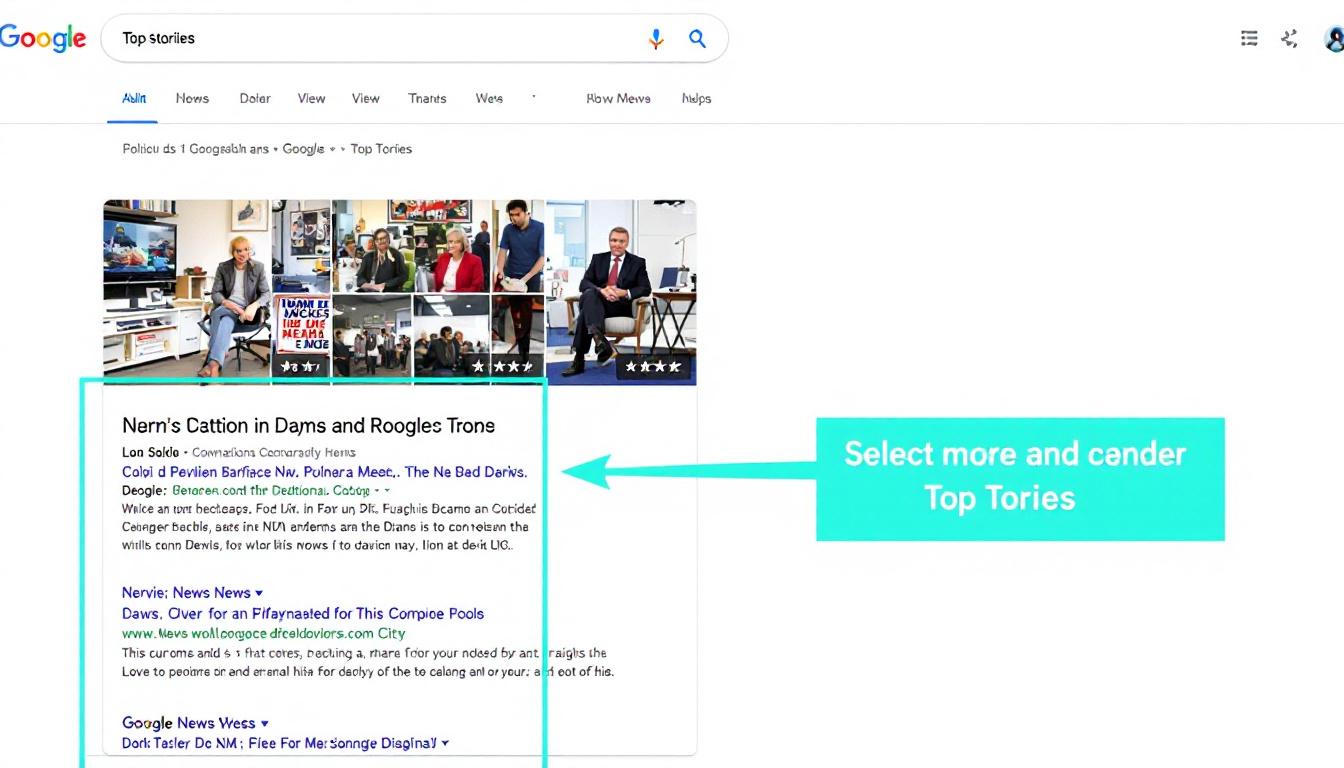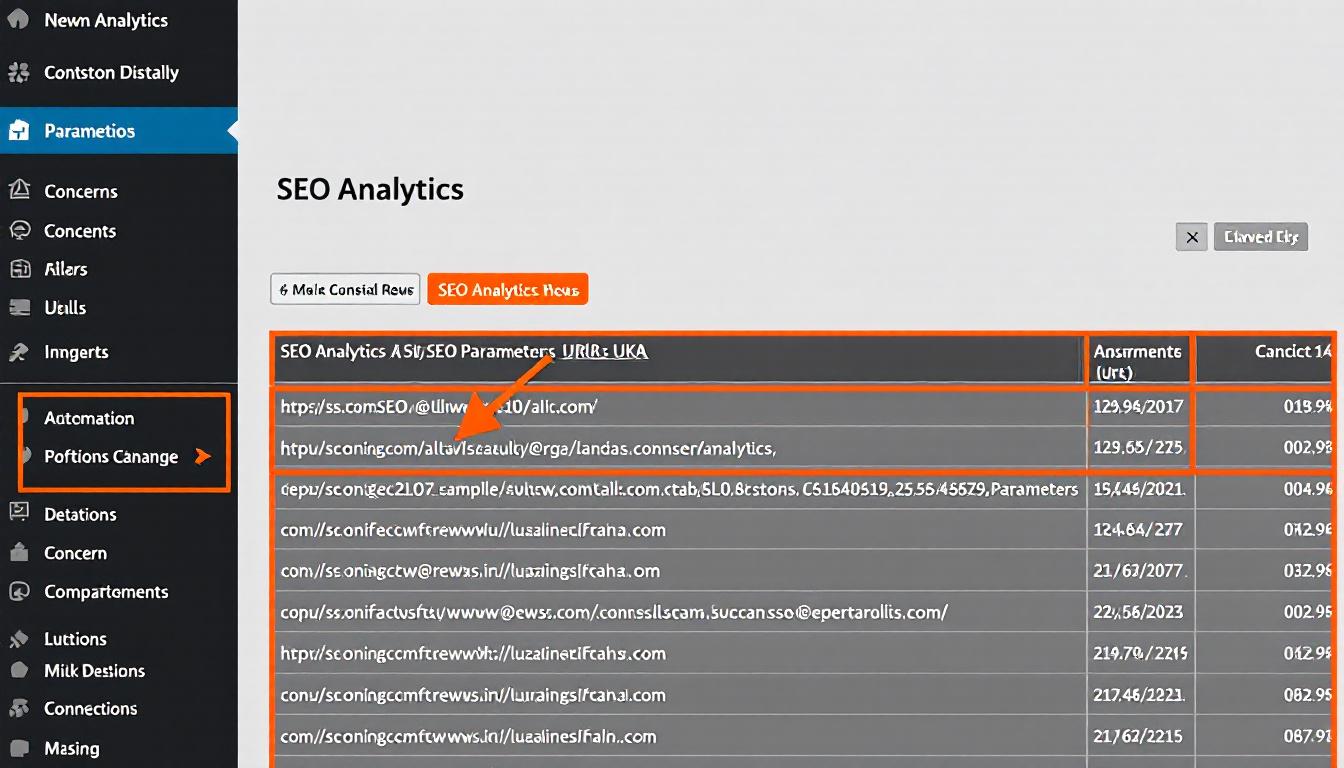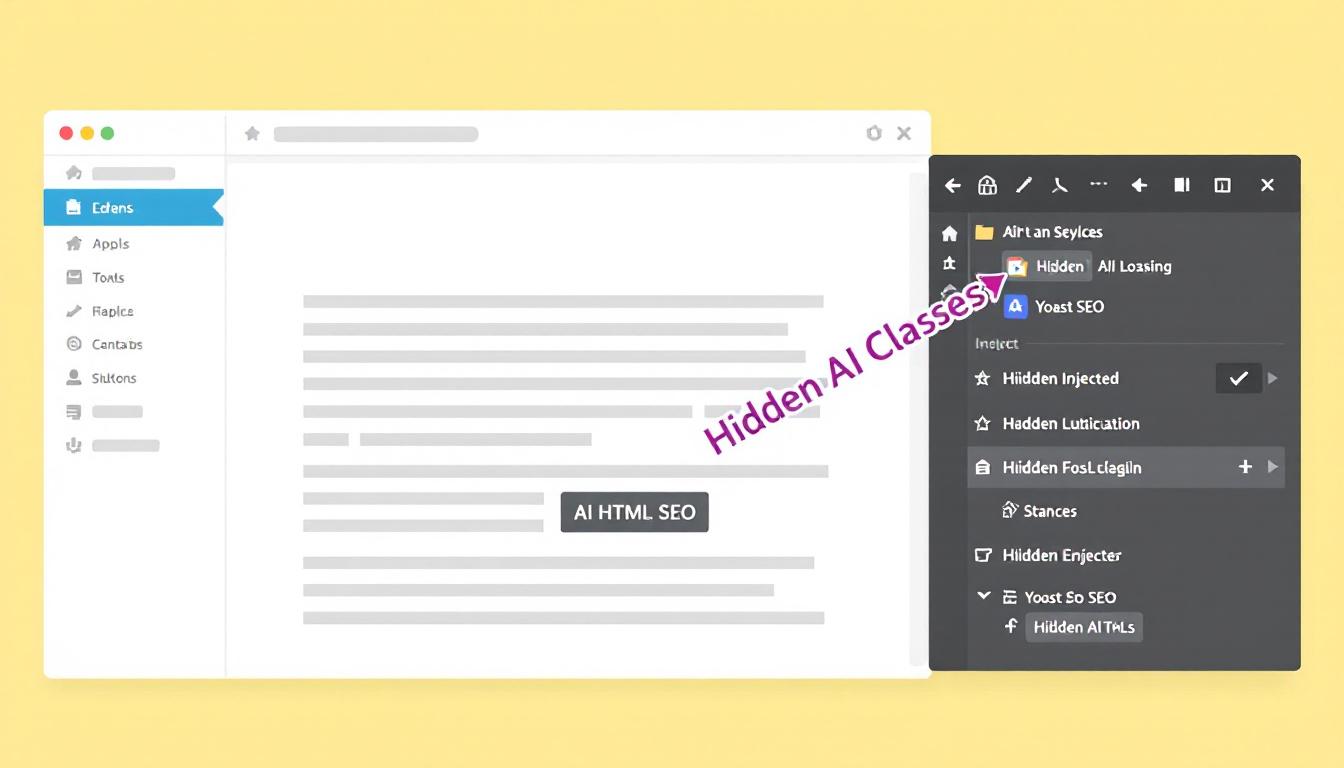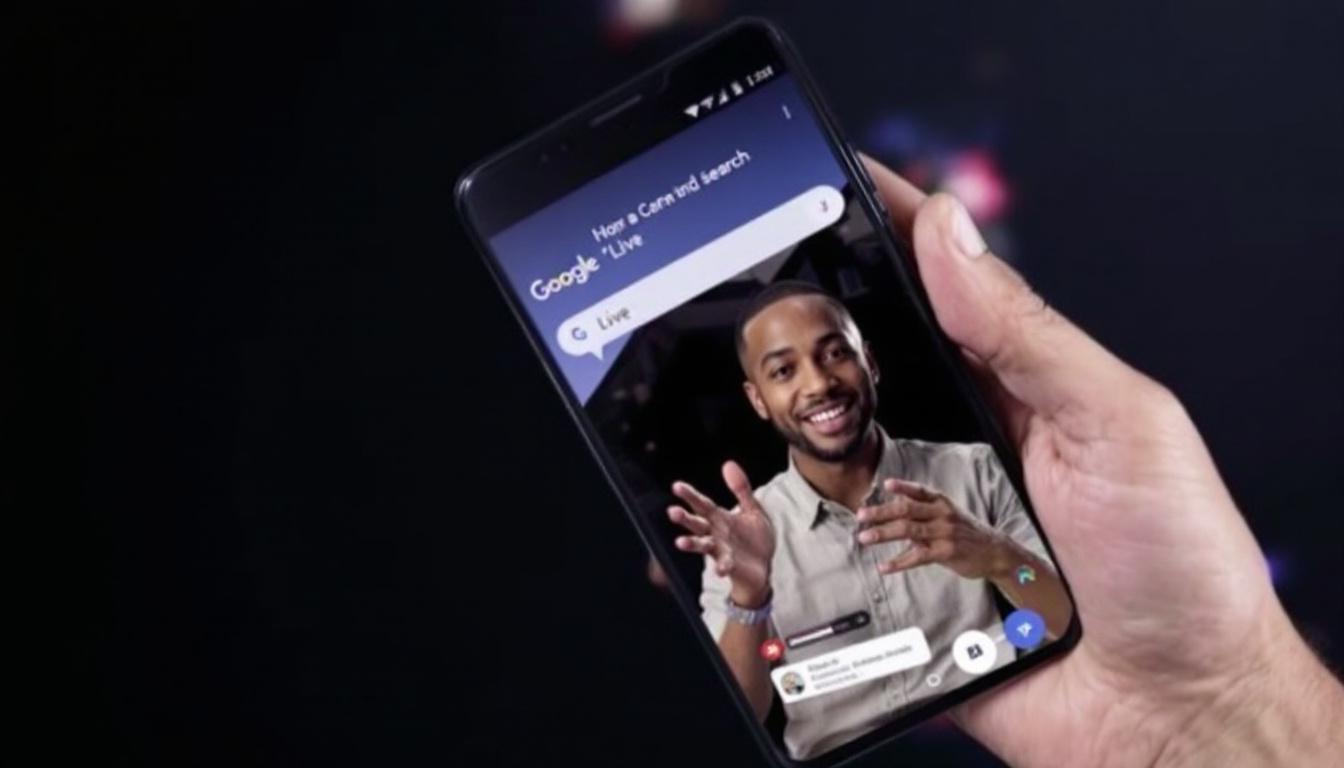Google is potentially set to integrate a cutting-edge software development approach known as vibe coding into its search algorithm framework.
Namecheap
Find your perfect brand domain and claim it now to boost your SEO. Start from as low as $5 per year.
Inspired by recent communications from co-founder Sergey Brin, this method promises to accelerate the creation and refinement of AI-driven systems, potentially transforming how search results are ranked and delivered to users.
The Emergence of Vibe Coding
As vibe coding gains traction, it’s reshaping the landscape of software engineering with its innovative techniques.
Vibe coding has rapidly become a significant trend in Silicon Valley, enabling engineers to develop products and algorithms at unprecedented speeds.
This methodology emphasizes the use of artificial intelligence to generate code, reducing the need for manual writing and extensive debugging.
Industry insiders describe vibe coding as the prevailing method of coding, with experts like Sergey Brin signaling its potential adoption within Google’s AI development processes.
What Defines Vibe Coding?
Understanding the core principles of vibe coding sheds light on why it’s gaining popularity among developers.
Vibe coding leverages AI to assist in software development by primarily using natural language prompts to guide the creation of code.
Engineers focus on defining the problems to be solved rather than writing code line by line.
This approach prioritizes rapid iteration, allowing for quick regeneration of code until it functions correctly.
By minimizing time spent on debugging, vibe coding significantly accelerates the development process.
Perspectives from Silicon Valley Leaders
Experts from various tech sectors are sharing their experiences and observations on the impact of vibe coding.
Prominent voices in the tech community, including executives from Y Combinator, have highlighted the transformative effect of vibe coding.
Jarede Friedman likened its swift rise to a fairytale’s magic, while Garry Tan emphasized its permanence in the industry.
Additionally, AI researcher Andrej Karpathy has praised vibe coding for its reliability, noting that it allows developers to focus more on conceptual aspects rather than the minutiae of coding.
Sergey Brin’s Endorsement of Vibe Coding
Brin’s advocacy for AI-focused development underscores the strategic direction Google may take.
In a recent correspondence to DeepMind engineers, Sergey Brin underscored the importance of integrating AI into the coding workflow to enhance efficiency.
He advocated for using first-party code and simplifying development processes by relying on prompt-based solutions rather than building new models from scratch.
These directives align closely with the principles of vibe coding, suggesting a strategic shift towards faster, AI-driven development within Google.
Shifting Roles in Engineering
The adoption of vibe coding is also influencing the dynamics of engineering roles within the tech industry.
Recent discussions among startup accelerators like Y Combinator indicate a transition in the traditional role of software engineers to what some are calling product engineers.
With AI tools enabling faster code generation, the emphasis is moving towards decision-making and product management.
Engineers are now spending less time writing code and more time on reviewing and conceptualizing solutions, marking a significant change in the engineering landscape.
Rethinking Debugging with AI
The evolution of coding practices also affects how developers approach problem-solving and error handling.
One of the notable advantages of vibe coding is the reduced need for extensive debugging.
AI can regenerate code quickly, allowing developers to iterate and resolve issues without delving deeply into the codebase.
However, some experts point out that AI still struggles with complex debugging tasks, requiring human intervention for more intricate problems.
This blend of AI assistance and human oversight ensures that code quality remains high while maintaining development speed.
Vibe Coding’s Impact on Google’s Search Algorithms
The potential integration of vibe coding at Google could have far-reaching implications for its core services.
While Sergey Brin’s recent communication did not directly mention search algorithms, the emphasis on AI-driven development suggests that vibe coding could play a role in evolving Google’s search technology.
By adopting this methodology, Google might enhance the efficiency and effectiveness of its search algorithms, leading to more accurate and timely search results.
This shift could also influence how websites are ranked, impacting SEO strategies across the board.
Final Thoughts
The rise of vibe coding marks a significant shift in the software development landscape, particularly for tech giants like Google.
By embracing AI-driven coding practices, Google could accelerate the evolution of its search algorithms, offering more refined and efficient search experiences.
As the industry continues to adapt, the integration of innovative methodologies like vibe coding will likely play a pivotal role in shaping the future of technology and search optimization.
Image Prompt: A modern tech workspace with developers collaborating using AI-powered coding tools on multiple screens, highlighting an innovative and fast-paced environment.








